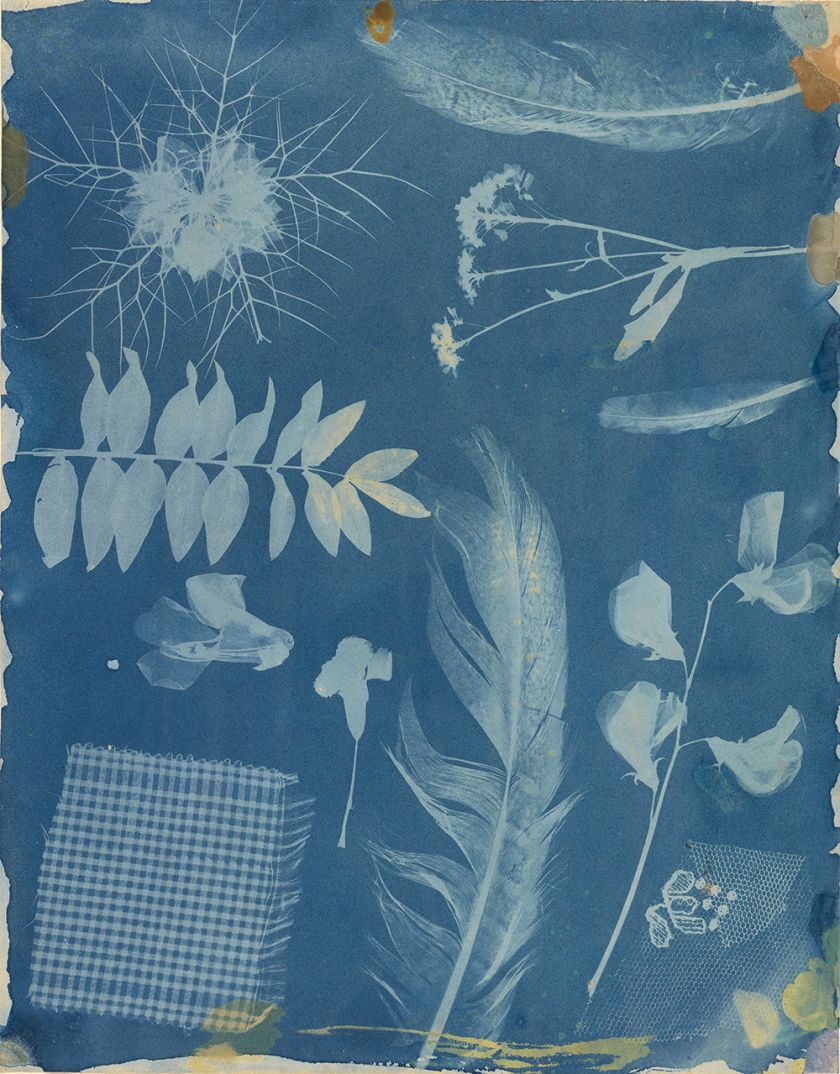
- Ich kam nach Hause ganz traurig wieder — und dachte über die schreckliche Verantwortung nach, die der Interpret eines großen Werkes hat! Man mag es kaum sagen, wir können ein Meisterwerk mit unserer Unfähigkeit töten! Aber wie schön ist es auch, dieses Gewicht tragen zu können!
About the Production
‘È finita’ — it’s over! — Don Pasquale wails after enduring a slap in the face from his new wife, and a bleak melody in the violins sums up his mood of dejection. What a contrast with the ebullient sense of anticipatory pleasure inspired in him by his marriage plans only a short time earlier! Since his nephew Ernesto refuses to renounce his beloved, the impoverished Norina, the wealthy Don Pasquale decides to disinherit him and arrange for progeny of his own. Dr Malatesta introduces him to the bashful and innocent Sofronia, who is said to have come straight from a convent but who on her marriage is abruptly transformed into a wilful, demanding and argumentative woman. Pasquale does not know that Sofronia is in fact Norina and that a bitter lesson is in store.
With Don Pasquale (1843) Donizetti enriched the medium of opera buffa with a late masterpiece. Although the story is an old one and had been used in many comic operas — an elderly bachelor has the dubious idea of taking a (young) wife — the composer was interested not in repeating old clichés but in developing the genre: he observes the traditional buffa stereotypesn through the spectacles of Romantic sensibility, turning them into living individuals with an entirely new reality and humanity.
